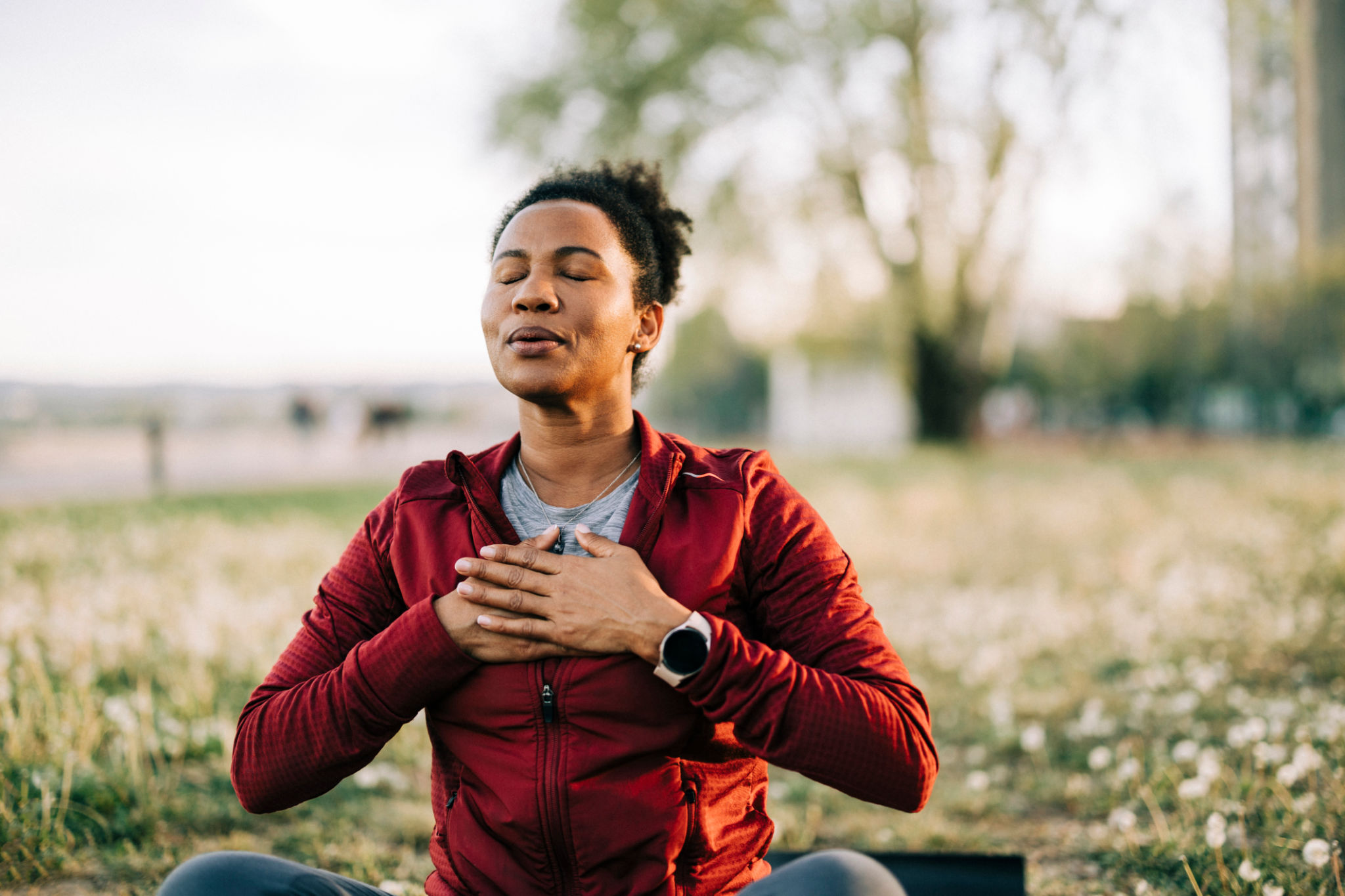Comparing Different Anxiety Treatment Options: Which is Right for You?
Understanding Anxiety and Its Impact
Anxiety is a common mental health disorder that affects millions of people worldwide. It can manifest in various forms, including generalized anxiety disorder (GAD), panic disorder, social anxiety, and specific phobias. Understanding the specific type of anxiety you are experiencing is the first step in finding an effective treatment.
Those living with anxiety may experience symptoms such as excessive worry, tension, restlessness, fatigue, or even physical symptoms like increased heart rate and sweating. It's crucial to recognize these signs early on and seek appropriate treatment to improve quality of life.

Exploring Therapy Options
Cognitive Behavioral Therapy (CBT)
Cognitive Behavioral Therapy is one of the most widely recommended treatments for anxiety. This approach focuses on identifying and changing negative thought patterns and behaviors that contribute to anxiety. By working with a trained therapist, individuals can learn coping strategies and techniques to manage their anxiety more effectively.
Exposure Therapy
Exposure therapy is particularly effective for treating phobias and specific anxiety disorders. It involves gradual exposure to the feared object or situation in a controlled environment, helping the individual build confidence and reduce fear responses over time.

Medication as a Treatment Option
For some individuals, medication may be a necessary component of anxiety treatment. There are several types of medications available, including:
- Selective Serotonin Reuptake Inhibitors (SSRIs)
- Serotonin-Norepinephrine Reuptake Inhibitors (SNRIs)
- Benzodiazepines
- Beta-blockers
These medications can help alleviate symptoms, but it's important to work closely with a healthcare provider to find the right type and dosage.
Lifestyle Modifications for Anxiety Management
In addition to therapy and medication, lifestyle changes can play a significant role in managing anxiety. Regular exercise, a balanced diet, sufficient sleep, and stress-reduction techniques such as yoga or meditation can all contribute to overall well-being and reduce anxiety symptoms.

Alternative Treatments and Holistic Approaches
Some individuals may explore alternative treatments such as acupuncture, herbal supplements, or mindfulness practices. These options can be beneficial when used alongside conventional treatments. However, it's essential to consult with a healthcare provider before starting any new treatment regimen.
Choosing the Right Treatment Plan
Deciding on the best treatment option for anxiety can be challenging. It's crucial to consider factors such as the severity of symptoms, personal preferences, and any underlying health conditions. Consulting with a mental health professional can provide valuable insights and help tailor a treatment plan that suits your needs.
Seeking Professional Help
If you or someone you know is struggling with anxiety, seeking professional help is a vital step toward recovery. Licensed therapists, psychiatrists, and counselors are equipped with the knowledge and tools to guide you through the process of managing anxiety effectively.

Remember, finding the right treatment option often involves some trial and error. It's important to be patient with yourself and open to exploring different approaches until you find what works best for you.
